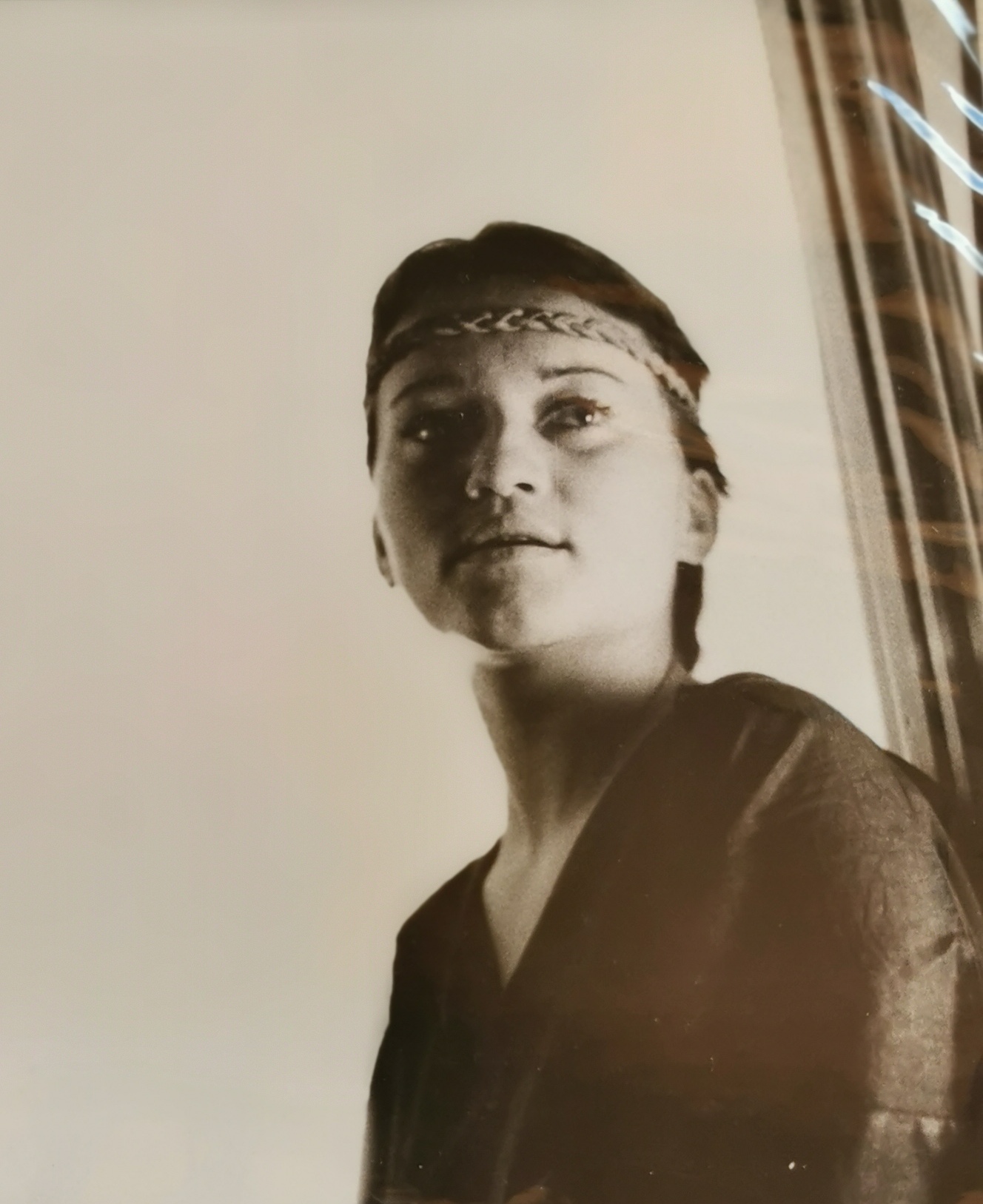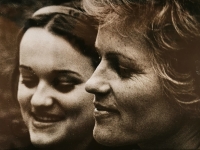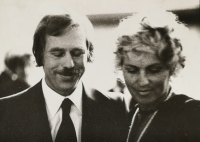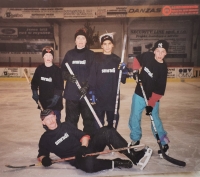I wasn’t accepted to the school because I’m Pavel Kohout’s daughter. I only saw him a few times a year.

Download image
Tereza Boučková, née Kohoutová, first married Benešová, was born on 24 May 1957 in Prague as the youngest of three children of the writer Pavel Kohout and his second wife Anna, née Cornová. Although she saw her father only a few times a year, the fact that she was his daughter was used by the regime to oppress her. She was not admitted to the grammar school for political reasons, she studied for half a year at a two-year economic school before she managed to transfer. After graduating in 1976, she was not allowed to study at university. She therefore enrolled in a one-year graduate course at a language school, which ended with a state examination in English. In 1977, she signed Charter 77, rewrote it and disseminated it. She participated in housing seminars and performed in housing theatre, for which she was interrogated several times by State Security. She once spent forty-eight hours in detention. In 1979, she had the opportunity to emigrate, but her longing for her loved ones prevented her from doing so. In 1985, she moved with her second husband, Jiří Bouček, to the settlement of Záhrabská in the Beroun region. She and her husband adopted two boys in 1988 and 1989, and in 1991 their own son was born. After the Velvet Revolution she began to fulfil her ambitions as a writer. Her first work was officially published at the end of 1991 (before that only in samizdat). In 2024 she was living in Prague and still writing.













